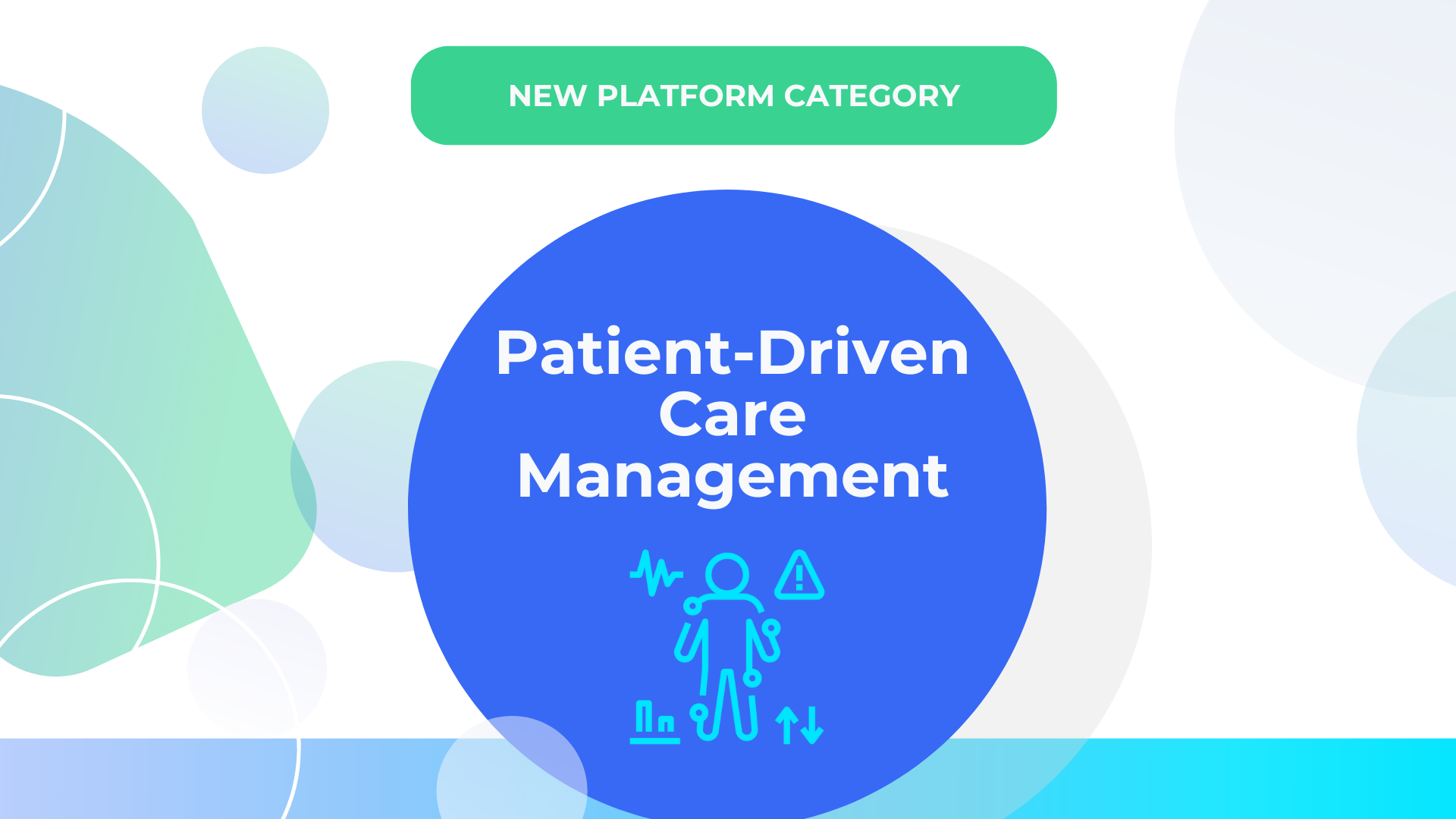What is patient-driven care management, and how does it impact patient engagement?
The healthcare landscape is continuing to shift towards a patient-centered approach, and patient-driven care management (PDCM) is at the forefront of this revolution. PDCM refers to integrated software for personalized care management and data-driven health insights and alerts that empower individual patients to self-manage aspects of their care needs or journeys. These software platforms empower patients to actively participate in their health journeys, moving beyond the traditional model where doctors hold most information and decision-making power.
PDCM fosters patient engagement in several ways. Patients gain access to educational content and self-care management tools, allowing them to understand their conditions better and take an active role in following treatment plans. Additionally, PDCM platforms break down communication silos by offering centralized hubs for managing care plans, appointments, and communication across different healthcare teams. This streamlined approach ensures everyone is on the same page, fostering better collaboration between patients and providers.
Ultimately, PDCM empowers patients with data-driven health insights. These insights allow them to track their progress over time, collaborate with providers on optimizing treatment plans, and take ownership of their health. This newfound ownership translates to improved treatment compliance, reduced hospital readmission rates, and improved health outcomes. PDCM is paving the way for a more engaged and empowered healthcare experience by putting patients at the center of their care journeys.
How does patient-driven care management impact hospitals and health systems?
Patient-driven care management software (PDCM) is revolutionizing healthcare for both hospitals and patients. These platforms empower patients by giving them access to their health data, educational resources, and direct communication with their care team. This access fosters a sense of ownership in their health, leading to better medication adherence, improved self-management of chronic conditions, and a proactive approach to wellness. Additionally, PDCM allows for remote patient monitoring, helping hospitals identify and address potential health issues early on, potentially reducing emergency room visits and hospital readmissions. This translates to cost savings for healthcare systems.
For patients, PDCM software is a game-changer. It puts valuable health information at their fingertips. Patients can track vital signs, symptoms, and treatment progress, gaining a deeper understanding of their condition. PDCM also facilitates clear communication with healthcare providers. Patients can ask questions, share concerns, and actively participate in treatment decisions. This collaborative approach builds trust and satisfaction, leading to a more positive healthcare experience.
To learn more about the solutions in this category, please reach out to growth@panda.health.
